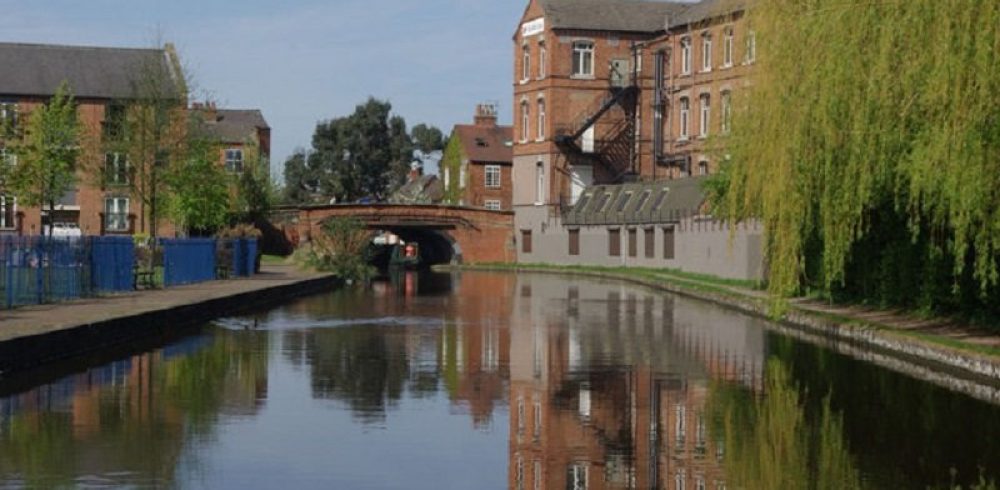Cenex has announced the installation of the first vehicle-to-grid unit to be built and installed in the UK. The company was the first Center of Excellence the specialized in low carbon and fuel cell technologies in the UK. The new project will take place in Loughborough. And has been developed through the Ebbs and Flows of Energy Systems, a project which could lead to homes being powered by their ownerâs electric vehicle.
This installation has occurred in Loughborough in order to try out the interaction between electrical vehicles as a form of battery storage as part of a domestic property. Being able to manage such a system could lead to this project being incorporated into the wider energy system. This could lead to a cut in carbon emissions.
The Ebbs and Flows of Energy Systems project is a collaboration between Potenza Technology, who designed the vehicle-to-grid unit, Moixa Technology who has developed a control unit for the system, and the Virtual Power Plant which has been developed by Cardiff University.
This project has been valued at £1.8 million, and has been funded in part by Innovate UK and EPSRC. The project is set to be carried out over three years, and should be delivered by December 2017. For this project, Cenex will be using project data in order to understand whether the V2G business has a case for domestic sale within the UK. It is hoped that the successful installation of this system will behave as a catalyst to drive on innovation for the future in other areas on the UK. The project is a part of the SEEV4-City project, a European project to support the drive for lower carbon usage that is part funded by Interreg North Sea Region.
This technology is at the verify front of research projects in to cutting down carbon emissions. The research into the domestic scale use of V2G power systems is important for the UKs manufacturing industry as well as the sustainable benefits. Building the systems in the UK, like they have for the Loughborough installation, will create a boost for the manufacturing industry if the project ends up being viable.













